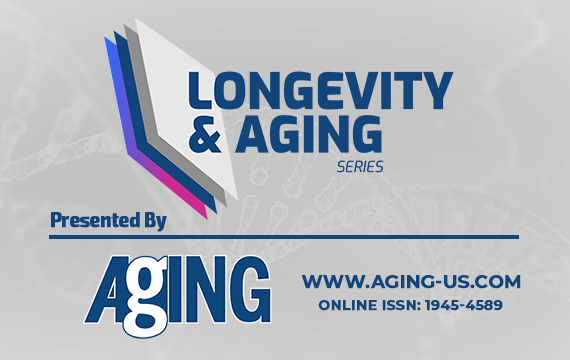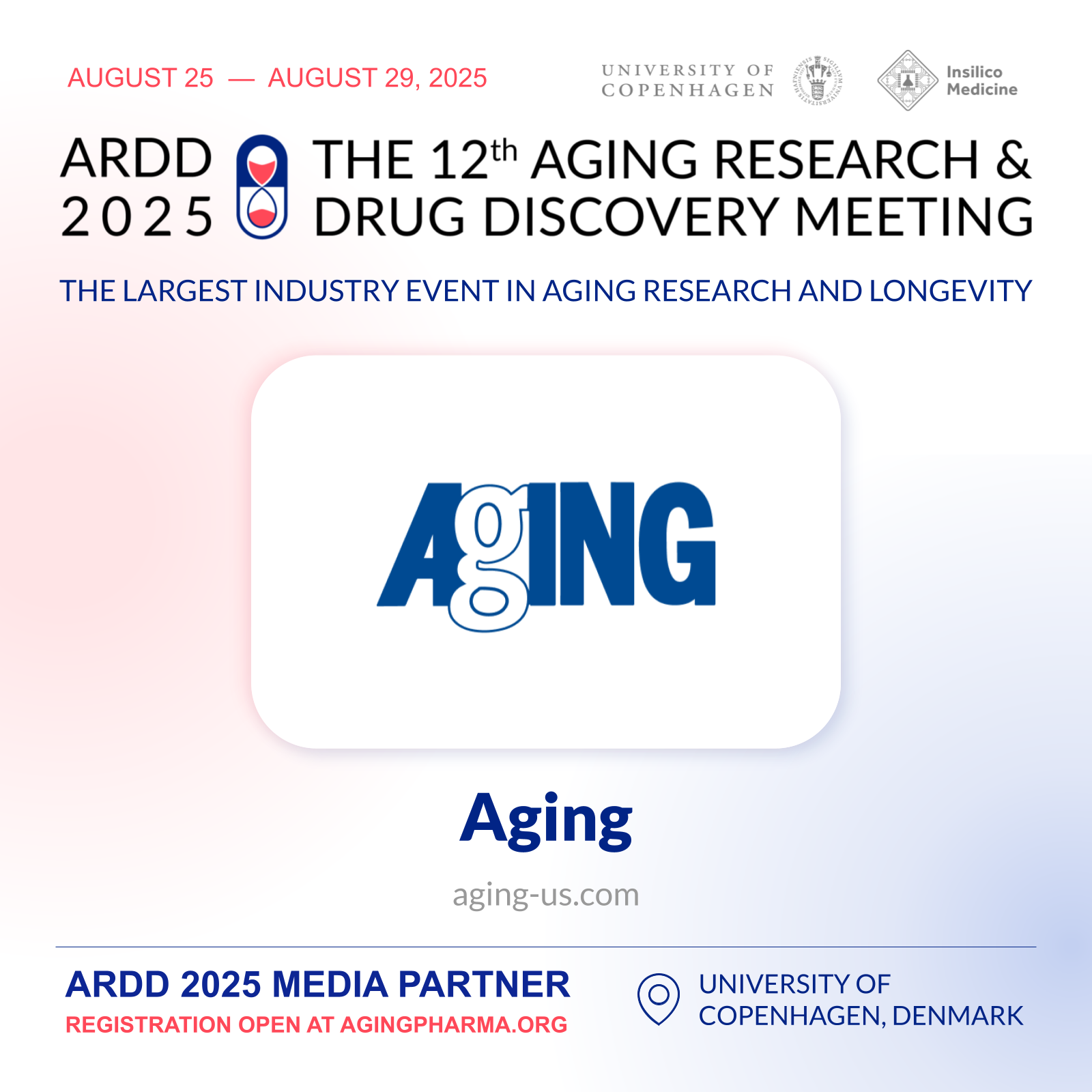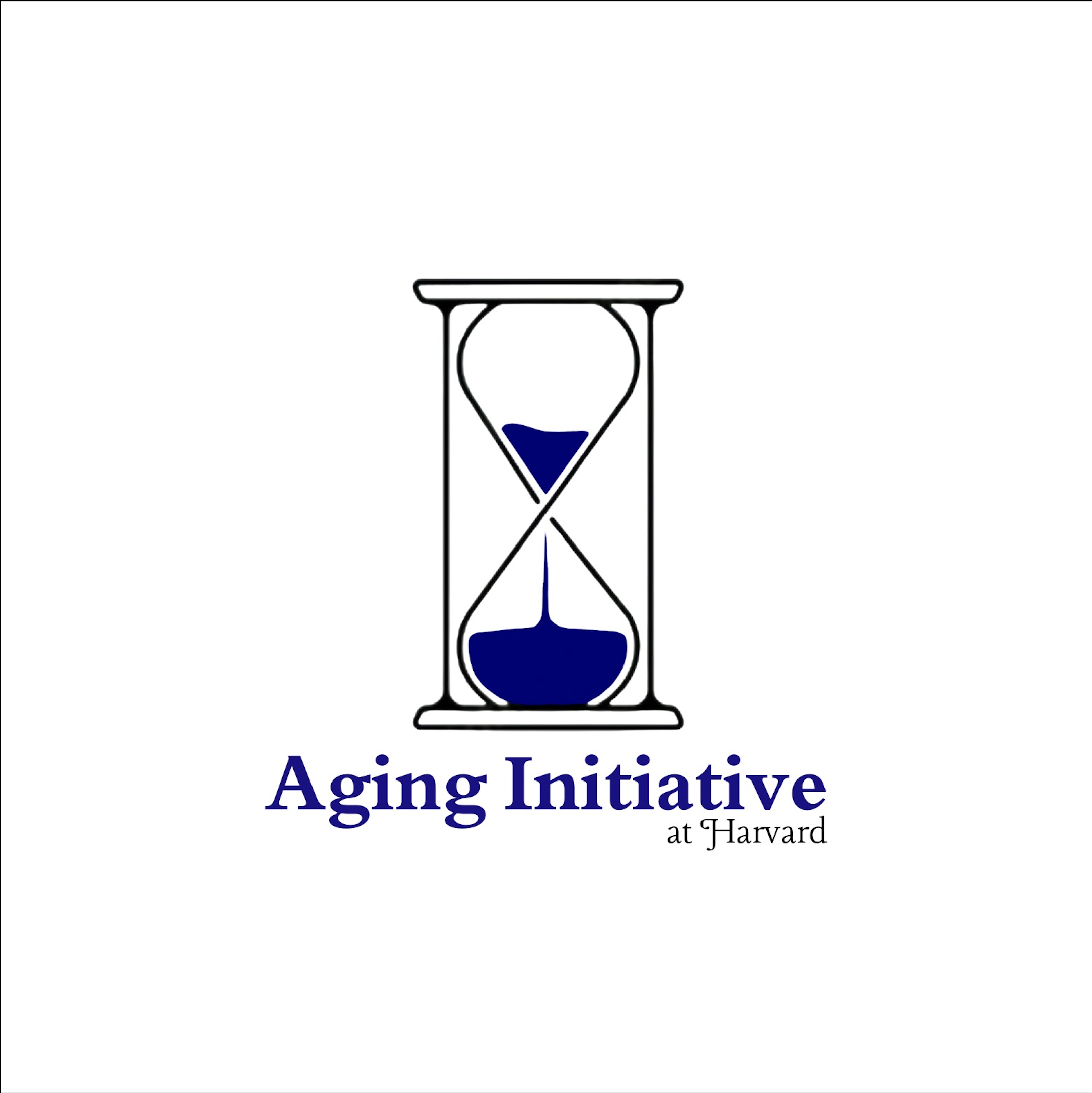Research Paper Volume 16, Issue 7 pp 6035—6053
Exploration of signature based on T cell-related genes in stomach adenocarcinoma by analysis of single cell sequencing data
- 1 Department of Gastroenterology, The First Hospital of Jilin University, Changchun, China
- 2 Department of Gastric Surgery, Sun Yat-sen University Cancer Center, Guangzhou, China
- 3 Department of Colorectal and Anal Surgery, General Surgery Center, The First Hospital of Jilin University, Changchun, China
Received: October 10, 2023 Accepted: December 29, 2023 Published: March 25, 2024
https://doi.org/10.18632/aging.205687How to Cite
Copyright: © 2024 Wang et al. This is an open access article distributed under the terms of the Creative Commons Attribution License (CC BY 4.0), which permits unrestricted use, distribution, and reproduction in any medium, provided the original author and source are credited.
Abstract
Background: Gastric cancer (GC) is a leading reason for the death of cancer around the world. The immune microenvironment counts a great deal in immunotherapy of advanced tumors, in which T cells exert an indispensable function.
Methods: Single-cell RNA sequencing data were utilized to characterize the expression profile of T cells, followed by T cell-related genes (TCRGs) to construct signature and measure differences in survival time, enrichment pathways, somatic mutation status, immune status, and immunotherapy between groups.
Results: The complex tumor microenvironment was analyzed by scRNA-seq data of GC patients. We screened for these T cell signature expression genes and the TCRGs-based signature was successfully constructed and relied on the riskscore grouping. In gene set enrichment analysis, it was shown that pro-tumor and suppressive immune pathways were more abundant in the higher risk group. We also found different infiltration of immune cells in two groups, and that the higher risk samples had a poorer response to immunotherapy.
Conclusion: Our study established a prognostic model, in which different groups had different prognosis, immune status, and enriched features. These results have provided additional insights into prognostic evaluation and the development of highly potent immunotherapies in GC.




